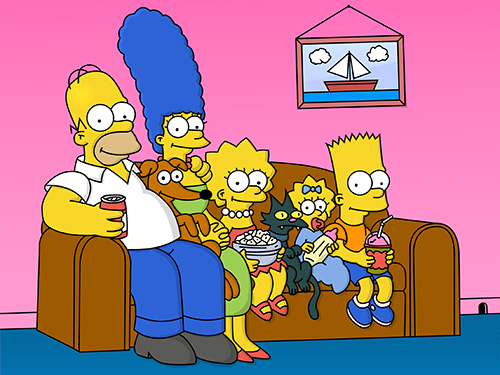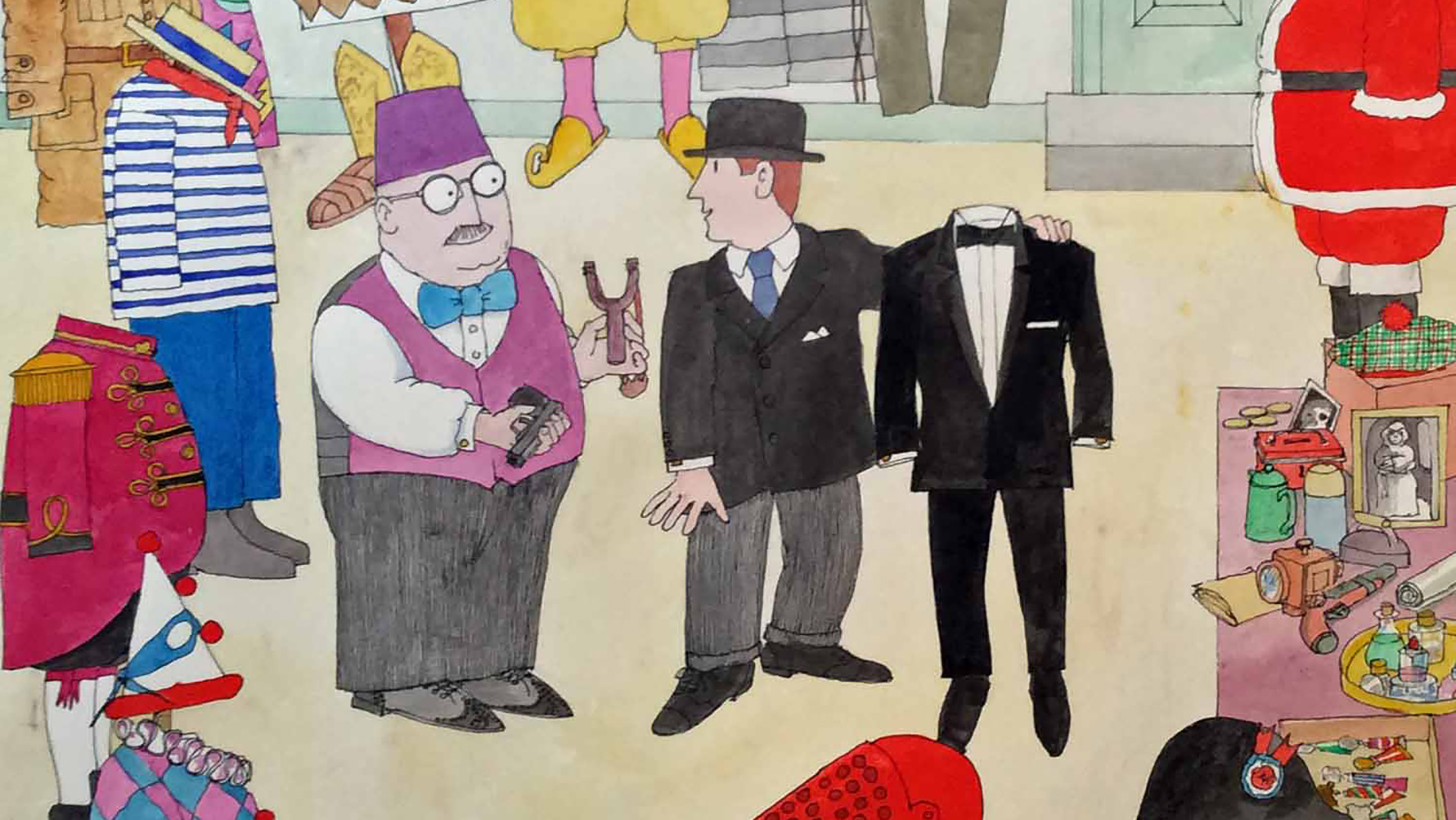Is Mr Benn still in the closet? Are Teletubbies a “dark, Orwellian nightmare”? Was Thomas The Tank Engine headed for a nasty, brutish Imperialist destination? Obsessively unscrambling (or inventing) supposed sub-textual interpretations, hidden meanings and symbolism of vintage kids TV, is an online staple.
Sexual politics are a perennial, one hypothesis being that Mr Benn’s changing room was a “closet” he comes out of, while others point to his love of dressing up. But sometimes a cowboy is just a cowboy, and a changing room is not a closet.
It’s possible Benn was seeking a dream escape from mundane life at Number 52
Another favourite is that Mr Benn’s adventures were dreams or he was tripping. Where The Magic Roundabout was blatantly stoner in tone, it’s possible Benn was seeking a dream escape from mundane life at Number 52. But how then to explain the souvenirs that he brought home?
Subversive Mr Benn championed social justice: from cavemen to circus folk, he always learned, or imparted, a moral lesson. He persuaded the world’s greatest hunter to give up guns for cameras to ‘shoot’ wild animals, enlisted a community to improve conditions in a zoo, and fed hungry kids in a palace.
You can’t say the same about the Teletubbies, who were held up in the 1990s as being morally toxic for tots, while the 2014 reboot of Paddington led to the refugee status of the winsome bear being reviewed by an immigration lawyer.

Academics increasingly mine children’s TV, with a Simpsons (above) module in a University of Glasgow philosophy timetable, and Charles Schulz’s Peanuts characters chewed over for theological and political meanings at the University of Florida.









